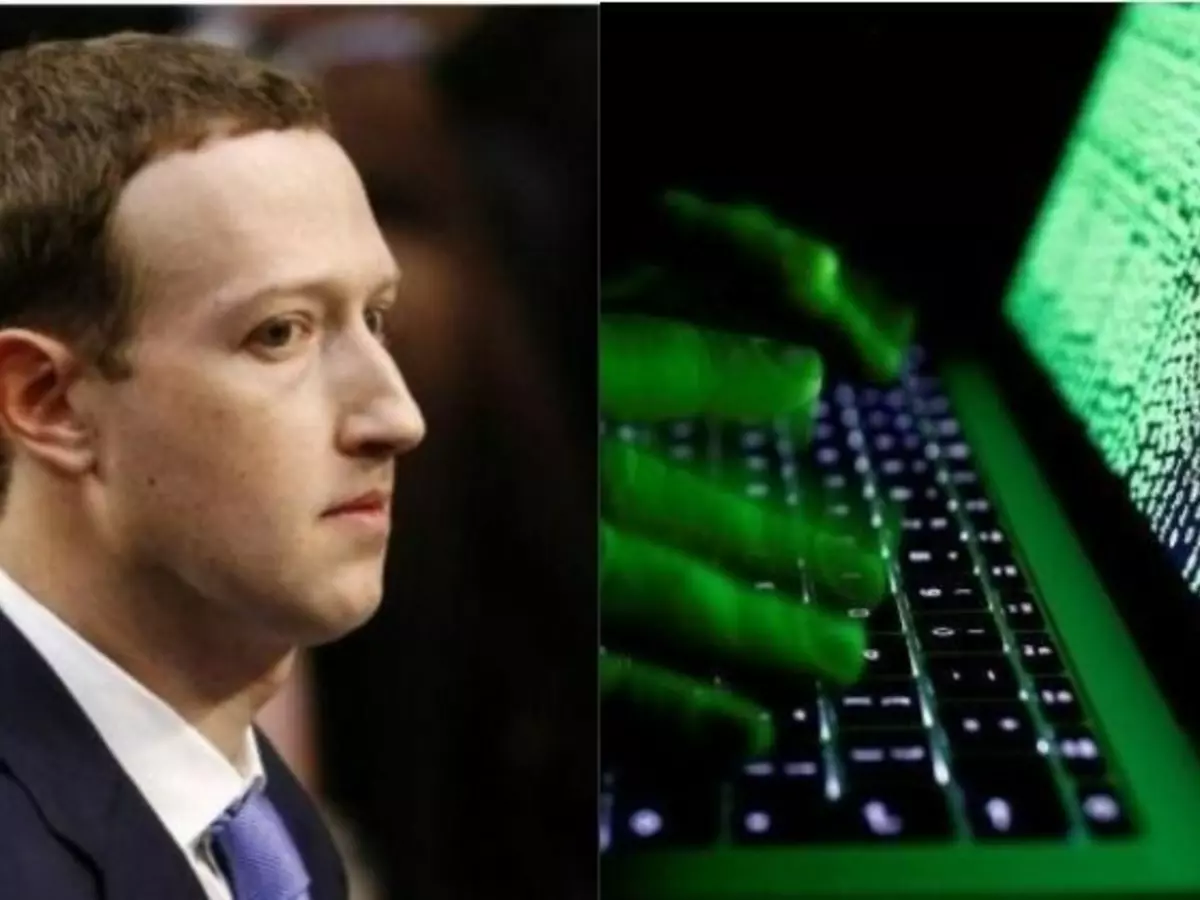Stolen Private Messages From 81,000 Facebook Users Were Available For Just Rs 7 Per Account
We hope you¡¯re not in the habit of sending confidential or embarrassing information to people on Facebook Messenger, because your private messages may be up for sale. Hackers seem to have gotten hold of direct messages thousands of accounts.

We hope you're not in the habit of sending confidential or embarrassing information to people on Facebook Messenger, because your private messages may be up for sale.
Hackers seem to have gotten hold of direct messages from far too many accounts recently.

Reuters
According to a Mashable report on Friday, a hacker group has managed to obtain private messages from at least 81,000 Facebook accounts, and possibly many more. These hackers even put the archive up for sale on their database, charging 10 cents (about Rs 7) per account
Many of these accounts are from Russia or the Ukraine, though there are plenty from other countries like US, UK, and Brazil. The hackers in fact told the BBC they actually had details from 120 million accounts. However, an independent cybersecurity company trawled through the archive was only able to verify messages from 81,000 accounts. On the other hand, they did have personal data from 176,000 accounts, including phone numbers and email addresses.
The hackers and their treasure trove surfaced just a couple of weeks after Facebook confirmed 29 million of its users had their accounts hacked. That's actually a different incident though, as it seems this hacker group obtained private messages through malicious browser add-ons.

Facebook's VP of product management Guy Rosen says the company has contacted various browser makers to inform them of the breach method. They hope to help the various brands take the malicious browser extensions of their stores, so they can't affect any more people. They're also working with authorities to have the hackers' database taken down.
"We encourage people to check the browser extensions they've installed and remove any that they don't fully trust," he said. "As we continue to investigate, we will take action to secure people's accounts as appropriate."
